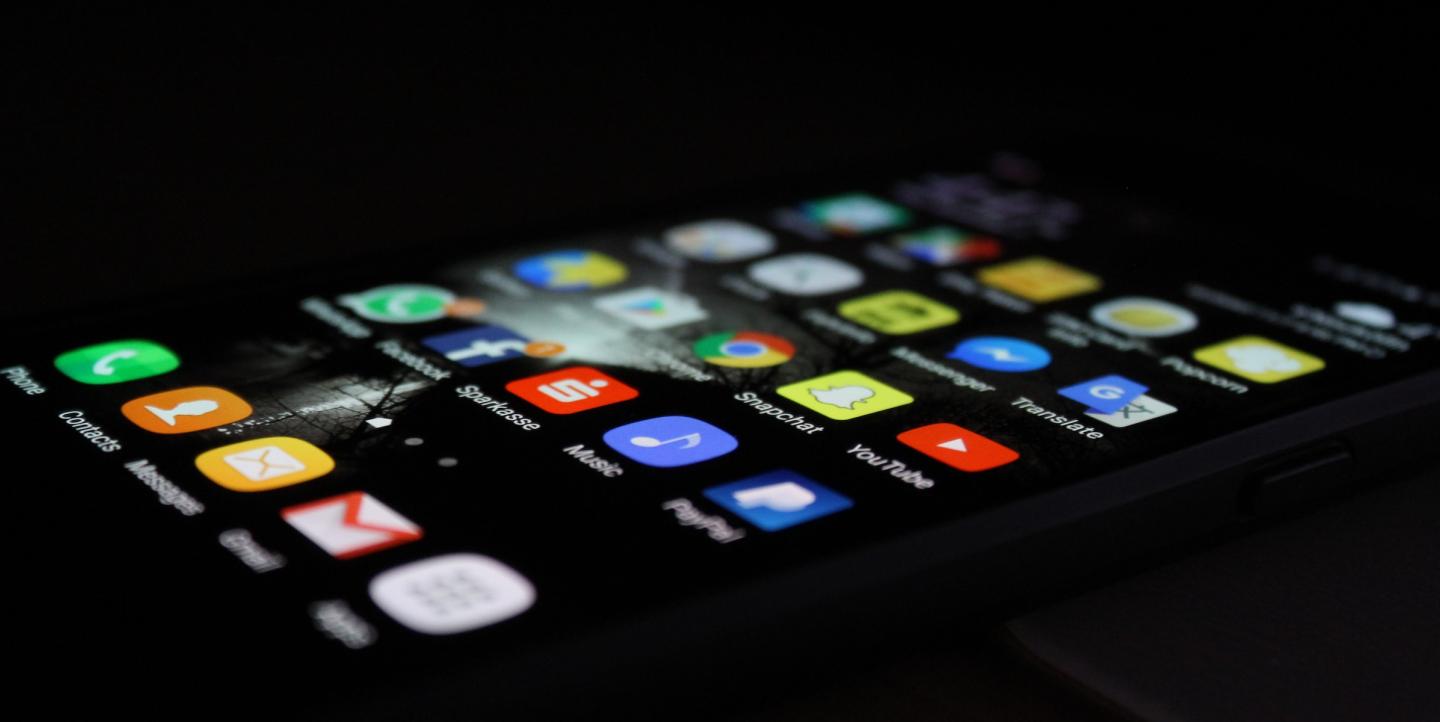If you’re a journalist covering an election, be mindful that the privacy of your information and the security of your sources will depend on the methods, tools and practices you adopt to protect your mobile devices. If your methods are lax, your tools inadequate, and your practices insecure, the information on your devices will be more vulnerable to cyberattacks from government and foreign intelligence agencies, private companies, criminal groups, and more.
The interest in learning security strategies and protocols for safeguarding information was strikingly evident during a training session I conducted at the 2020 Investigative Reporters and Editors conference held in New Orleans. The room was completely full, and most of the attendees were experienced investigative journalists from major U.S. newspapers, television networks and radio programs.
The primary concern among attendees was how they could best protect the information and identities they gather, when hacker groups try to infiltrate devices, crack passwords, alter or delete information, and identify sources. This task isn’t easy, especially when electoral processes, before, during and after a controversial election, are marked by violence, digital harassment and disinformation campaigns.
Journalists covering elections in difficult environments marked by violence and censorship face significant risk of being attacked by state or non-state actors who are able to intercept their mobile phone communications, uncover data pertaining their sources, and learn about their investigative activities.
Here are some digital security recommendations for journalists to safeguard their mobile phone communications.
- Back up the files and information you have on your cell phone so that your device contains as little information as possible before heading out for electoral coverage. In certain contexts, the risk of cell phone theft is high, and it is important to protect yourself against the loss of sensitive information.
- Use secure phone settings. Enable passwords or biometric authentication to unlock your phone, and disable any unnecessary features or services. If you believe the risk of spying is imminent, enable Lock mode on your iPhone, or its equivalent.
- Keep your mobile operating system and software current with the latest security patches and updates. This helps minimize the risk that your device will be targeted by attackers who can exploit known vulnerabilities.
- Use end-to-end encrypted messaging apps, such as Signal or WhatsApp, to communicate with your sources or colleagues. This reduces the risk of eavesdropping and ensures that only the intended recipient can read or listen to messages.
- Use a virtual private network (VPN) to protect your internet traffic from possible attackers. A VPN can also help you bypass internet censorship in some countries.
- Disable automatic connection to unsecured Wi-Fi networks. This will prevent your phone from automatically connecting to an unsecured network and potentially exposing your communications.
- Use a secure browser, such as Firefox Focus or Tor, to surf the internet during election coverage. These browsers offer enhanced privacy and security features that help protect against tracking and surveillance.
- What to do with location services? It depends. Disable them on your phone to prevent your movements from being tracked. However, if the risk of physical aggression or violence is high, you will need to enable them to share your location with your colleagues or your support network.
- Use a secure, hard case to protect your phone from physical damage or tampering.
- Have a backup plan in case your cell phone is compromised or lost. This may include having alternate contacts or methods of communication.
- Stay informed about the latest digital security threats and best practices to protect your cell phone communications.
- If you use your cell phone to take photos, videos, or to do livestreams, be aware of what’s going on around you and always keep a safe distance of at least 50 feet from a group engaging in violence.
It is never too early to learn how to protect the security of your mobile devices by using end-to-end encrypted messaging apps, secure settings, a VPN, updated software, disabling automatic connections, implementing a secure browser, disabling location services, using a secure phone case, having a backup plan, and staying informed.
By doing so, you can significantly reduce the security risks to your mobile device. Taking digital security seriously allows journalists to continue reporting safely and accurately, even when covering complex elections and being targeted by hacker groups.
This resource is part of a toolkit on elections reporting and how to spot mis- and disinformation, produced by IJNet in partnership with Chequeado and Factchequeado, and supported by WhatsApp.
Image by Rami Al-zayat on Unsplash.

